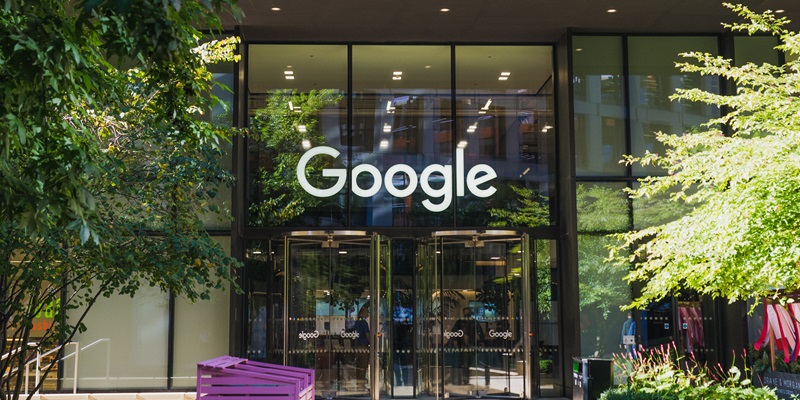Google, a frontrunner in the field of artificial intelligence (AI), has recently made a significant move to bolster the security of generative AI systems. The tech giant has expanded its renowned Vulnerability Rewards Program to encompass the detection of bugs and vulnerabilities specific to generative AI. This development aims to incentivize research around AI safety and security, working towards a safer AI landscape for users across the globe.
Prioritizing AI Safety
As Google expands its Vulnerability Rewards Program to cover generative AI, it is important to establish the inclusion and exclusion criteria. One key aspect to note is that AI “hallucinations,” which refer to the generation of misinformation within a private browsing session, will not be considered vulnerabilities for the purposes of this program. Rather, the focus is placed on identifying and addressing issues that can make AI systems safer and more reliable for everyone.
Rewards and Payouts
Google’s Vulnerability Rewards Program offers varying rewards for participants based on the type and severity of vulnerabilities discovered. Rewards range from $100 to an impressive $31,337, making it an attractive opportunity for security researchers and bug hunters. The specific details regarding rewards and payout structures can be found on Google’s dedicated Bug Hunters site, outlining the various possibilities and the potential for substantial compensation.
Bug Bounties in Generative AI
Google is not alone in its commitment to enhancing the security of generative AI systems. OpenAI, Microsoft, and other organizations have also implemented bug bounty programs, encouraging white hat hackers to actively uncover vulnerabilities and contribute to improving the safety of AI technologies. By fostering collaboration with external stakeholders, these initiatives are collectively spearheading advancements in AI security and ensuring that emerging challenges are addressed promptly and effectively.
Common vulnerabilities in generative AI
A comprehensive report released on October 26 by cybersecurity organizations HackerOne and OWASP sheds light on the most common vulnerabilities in generative AI systems. The report identifies prompt injection as the prevailing vulnerability in this domain. Prompt injection refers to the injection of malicious or misleading inputs into the AI model, resulting in the generation of inaccurate or inappropriate outputs. This information reinforces the need to prioritize prompt injection mitigation techniques within the Vulnerability Rewards Program.
Learning resources for Generative AI
Google understands the importance of equipping developers and security researchers with the necessary knowledge and skills to navigate the field of generative AI effectively. For those starting their journey with generative AI, there are abundant options available to learn and acquire expertise. Google provides comprehensive learning resources, including tutorials, documentation, and online courses, to enable individuals to harness the power of generative AI effectively and securely.
Safeguarding the AI Ecosystem
Google’s decision to expand its Vulnerability Rewards Program to encompass generative AI bugs and vulnerabilities highlights the company’s unwavering commitment to the safety and security of AI systems. By incentivizing research and collaboration, this program aims to ensure that the AI landscape evolves in a secure and trustworthy manner. With clear guidance on inclusion criteria, attractive rewards and payouts, and a focus on addressing common vulnerabilities, Google and other industry leaders are working towards a safer future for AI technology.
As Google’s Vice President of Trust and Safety, Laurie Richardson, and Vice President of Privacy, Safety, and Security Engineering, Royal Hansen, write in their groundbreaking blog post on October 26, this expansion of the Vulnerability Rewards Program will bring potential issues to light that ultimately make AI safer for everyone. It is an invitation to the broader community of security researchers and developers to actively engage in securing generative AI systems, forging a path towards a more secure and robust AI ecosystem.

